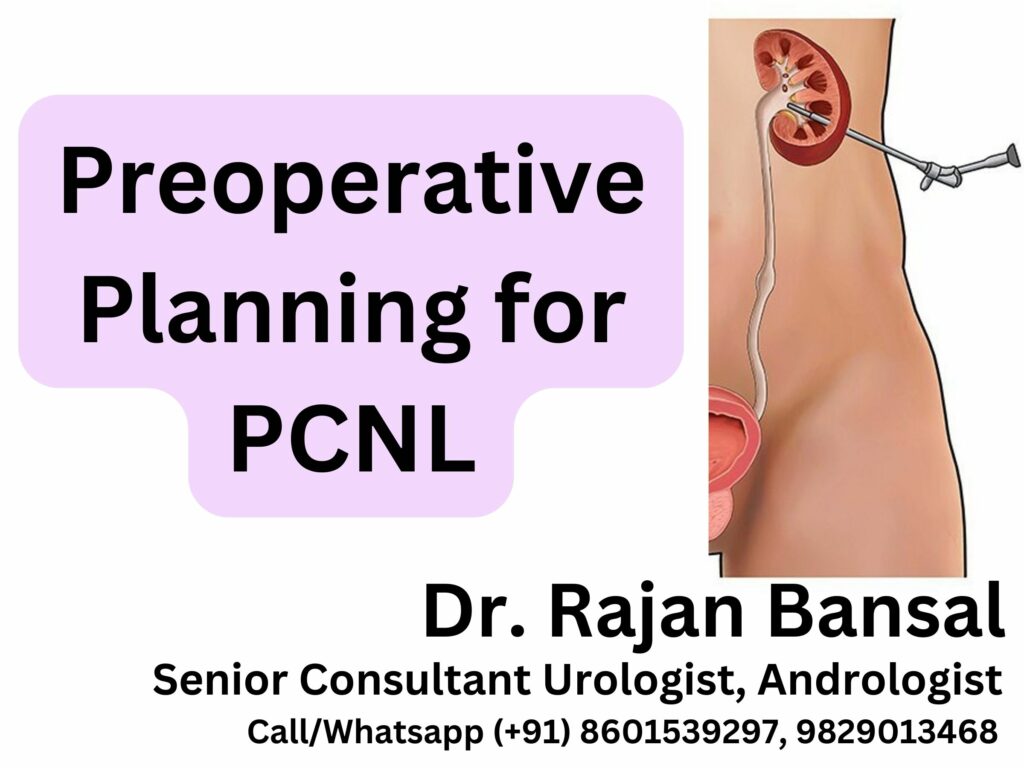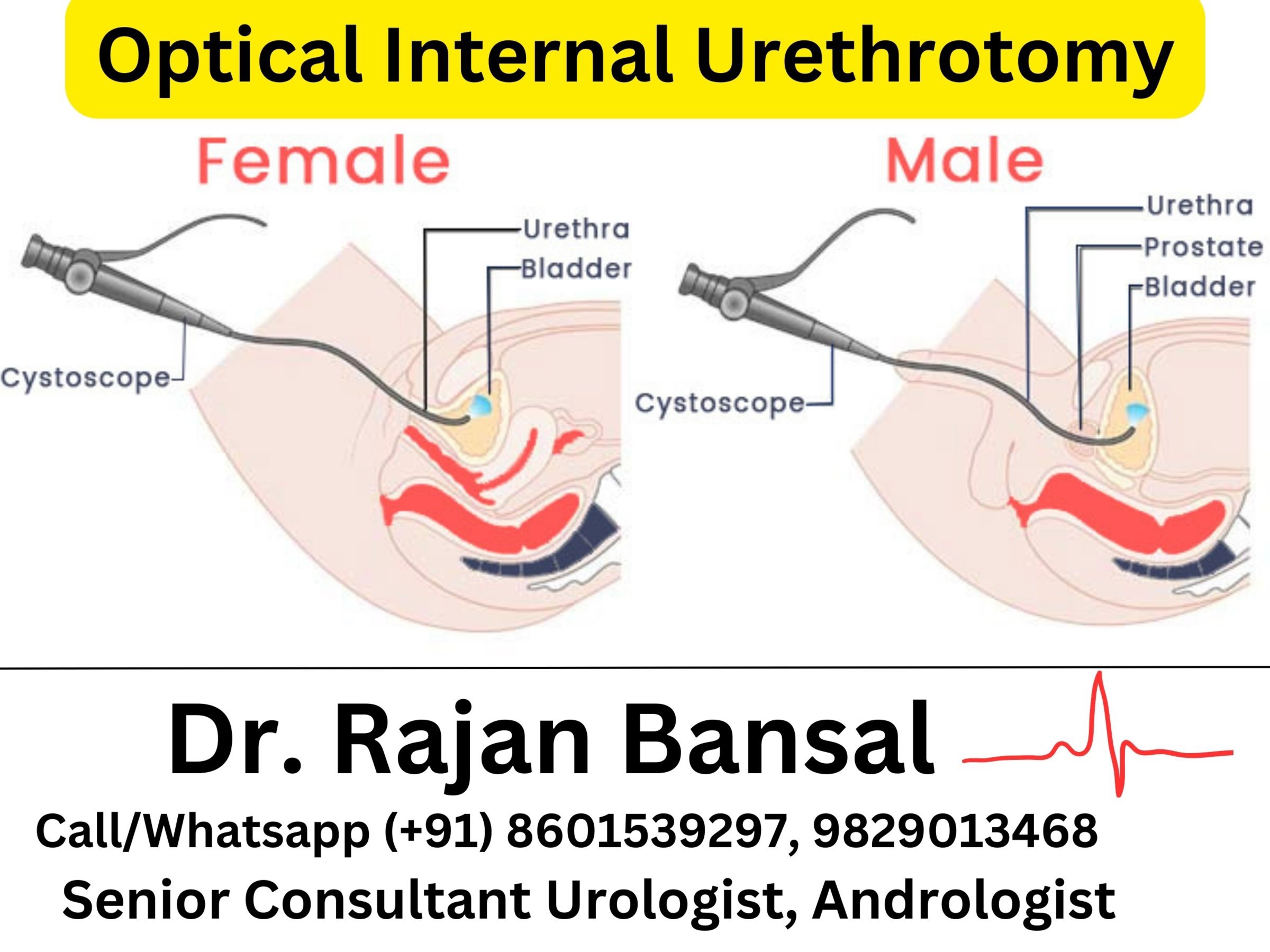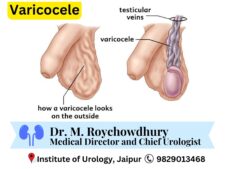Preoperative Planning for Percutaneous Nephrolithotomy (PCNL) : Percutaneous Nephrolithotomy (PCNL) is a highly specialized procedure that demands careful preparation. The success of PCNL hinges on a thorough preoperative plan that addresses every facet of the patient’s condition and the surgical process. This extensive guide leaves no stone unturned, providing an in-depth exploration of each element involved in preparing for a triumphant PCNL.

Patient Evaluation and Selection: The Foundation of Success
Before the first incision, a comprehensive assessment of the patient’s health is essential. This
encompasses a detailed review of medical history, a thorough physical examination, and a
meticulous evaluation of imaging studies. In addition, understanding the patient’s unique anatomy
and any potential complicating factors sets the stage for a tailored surgical approach.
Key Considerations:
Stone Characteristics: Assess the size, location, and composition of the kidney stone(s).
Overall Health Status: Evaluate comorbidities, medication history, and any existing conditions
that may impact the procedure.
Anatomical Variations: Recognize any unique anatomical features that may affect the surgical
approach.
Imaging and Radiological Studies: Seeing the Unseen
High-quality imaging is the surgeon’s window into the patient’s renal landscape. Computed
Tomography (CT) scans, ultrasound, and other radiological studies provide vital information about
the kidney’s structure, the precise location of the stone, and potential obstacles that may be
encountered during the procedure.
In-Depth Analysis:
Stone Density and Composition: CT scans with stone density measurements aid in selecting
appropriate instruments and techniques for stone removal.
Vascular Anatomy: Identify the location and course of blood vessels to prevent inadvertent
damage during the procedure.
Collecting System Anomalies: Detect any irregularities in the kidney’s collecting system that may
impact the surgical approach.
Anesthesia and Perioperative Considerations: Safety and Comfort in Focus
Collaboration with an experienced anesthesiologist is crucial for tailoring the anesthesia approach to
the patient’s specific needs. Preoperative considerations for anesthesia involve evaluating the
patient’s medical history, airway assessment, and determining the most suitable type of anesthesia,
be it general, regional, or monitored anesthesia care (MAC).
Key Elements:
Airway Assessment: Evaluate potential challenges in airway management to ensure safe
administration of anesthesia.
Postoperative Pain Management: Develop a plan for pain control to ensure the patient’s comfort
and well-being after the procedure.
Patient Education and Informed Consent: Empowering the Patient
Transparent communication is paramount. The patient should have a clear understanding of the
procedure, potential risks, and expected outcomes. Obtaining informed consent not only establishes
trust but also ensures that the patient is actively engaged in their own care.
Vital Components:
Detailed Explanation: Provide a step-by-step explanation of the PCNL procedure, including any
potential variations based on the patient’s specific case.
Addressing Concerns: Take time to answer the patient’s questions and address any concerns they
may have about the procedure.
Alternative Options: Discuss alternative treatments or approaches, if applicable, and the rationale
for choosing PCNL.
Preoperative Laboratory Tests: Unearthing Crucial Insights
Comprehensive preoperative tests, including blood work and urinalysis, provide critical insights
into the patient’s overall health. These results guide decisions on issues like bleeding tendencies,
infection, and metabolic factors that may impact the procedure.
Key Assessments:
Complete Blood Count (CBC): Evaluates overall health and identifies potential concerns like
anemia or infection.
Basic Metabolic Panel (BMP): Assesses kidney function, electrolyte levels, and acid-base balance.
Coagulation Profile: Determines bleeding tendencies and guides strategies for managing potential
bleeding during the procedure.
Stone Analysis and Culture Sensitivity Testing: Tailoring Treatment to the Stone
Understanding the composition of the kidney stone is instrumental in selecting the most appropriate
instruments and techniques for removal. Additionally, performing culture sensitivity testing helps
identify the most effective antibiotics, particularly in cases where infection is suspected.
Detailed Insights:
Stone Composition: Analyze the chemical makeup of the stone to guide the choice of lithotripsy
tools and extraction methods.
Culture Sensitivity Testing: Identify any bacterial infection associated with the stone and select
the most targeted antibiotic therapy.
Procedural Setup and Equipment: Ready, Set, Go!
Ensuring that the operating room is equipped with the necessary instruments, imaging tools, and
monitors is paramount. This section explores the meticulous planning required to guarantee a
seamless procedural flow.
Critical Components:
Instrument Selection: Ensure that a comprehensive array of specialized instruments for PCNL is
readily available.
Imaging Technology: Confirm that high-quality fluoroscopy or ultrasound equipment is in place
for real-time guidance during the procedure.
Sterilization Protocols: Verify that all instruments and equipment are properly sterilized to prevent
potential complications.
Anticipating Potential Challenges: Proactive Problem-Solving
Preparedness for potential complications is a hallmark of excellent surgical planning. This section
provides strategies for managing bleeding, addressing difficult anatomy, and adapting to unexpected
stone characteristics.
Comprehensive Strategies:
Hemorrhage Management: Establish a protocol for managing bleeding, including techniques for
achieving hemostasis.
Anatomical Challenges: Anticipate and plan for potential difficulties related to anatomical
variations or complex stone configurations.
Contingency Plans: Develop alternative approaches in case unexpected challenges arise during the
procedure.
Best Hospital for Kidney Stone Treatment – Institute of Urology, C scheme, Jaipur, Rajasthan
Preoperative planning for PCNL is a multifaceted endeavor that demands meticulous attention to
detail and a comprehensive understanding of the patient’s unique condition. By investing time and
expertise in this critical phase, healthcare providers can ensure a safe, successful, and ultimately
transformative PCNL procedure.
At Institute of Urology hospital, we believe in Elevating Patient Care Through Comprehensive
Planning so that patient is relieved of all the problems as much as possible. With our advance and
ultra modern equipments combined with the expertise of the best urologists, we are able to deliver
our promises with a highly impressive patient satisfaction rates. For the convenience of the patients,
along with state of the art Urological services, we offer all the basic diagnostic services like X-ray,
Ultrasonography as well as Blood tests within the hospital premises so that we can deliver Total
Urology Care Under One Roof, which has been possible due to the vision of our hospital Chair
person – Ms. Madhumita Roychowdhury.
With the advent of technological advances, we have also started facilitating our patients to talk to
our consultants from the comfort of their homes. All you have to do is give us a call on 9829013468
and you can book an online appointment or you can come and discuss with us in person. We are
here to help you, all you have to do is reach out. Our doctors can be reached Monday to Saturday
during working hours.
Dr. M. Roychowdhury – 9929513468
Dr. Rajan Bansal – 8601539297







